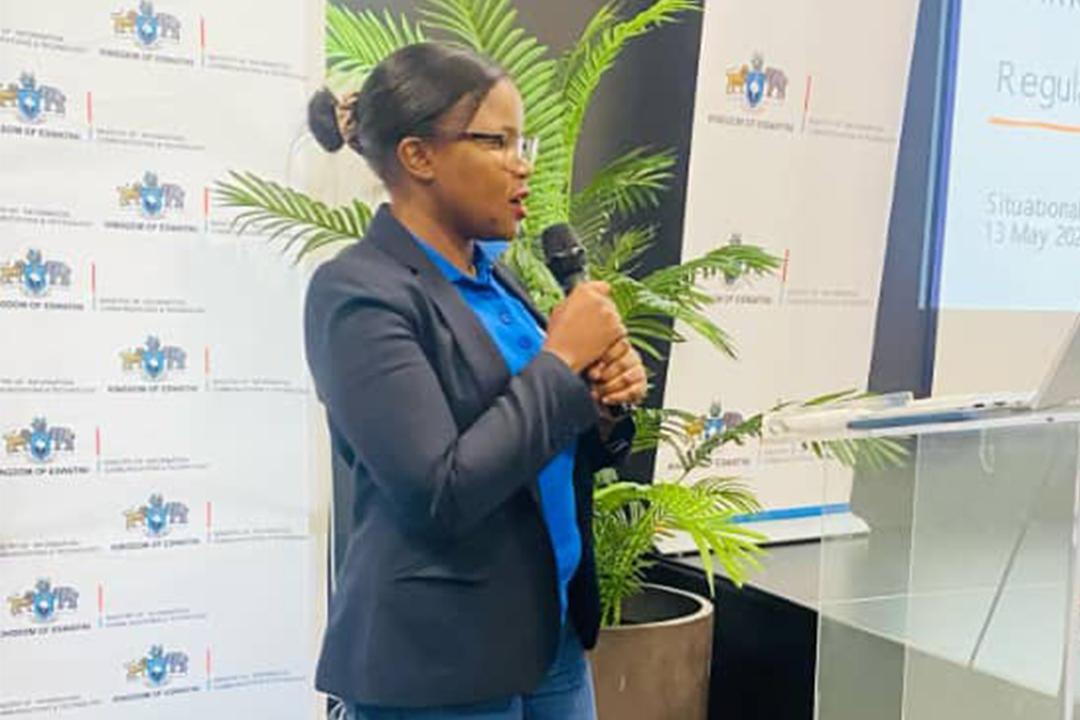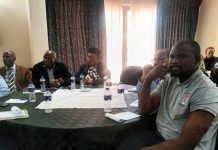Africa-Press – Eswatini. The Eswatini Economic Policy Analysis and Research Centre (ESEPARC) has called for inclusive stakeholder engagement in the development of regulatory frameworks for the Royal Science and Technology Park (RSTP), emphasising the importance of collective input in shaping the future of innovation in the country.
Speaking at a consultative workshop hosted by the Ministry of Information, Communications and Technology, ESEPARC’s representative Thembumenzi Dlamini highlighted the urgent need to formalise the operations of the RSTP through comprehensive regulations.
Held at the Happy Valley Hotel, the workshop brought together representatives from government, academia, the private sector, and development agencies to deliberate on the way forward for one of Eswatini’s key institutions for science, technology, and innovation.
“Without regulations, the RSTP risks falling short of its potential to attract investment, generate employment, and support innovation-driven economic growth,” said Dlamini. She noted that the proposed regulations would cover critical areas such as investor management, special economic zones (SEZs), business incubation, biotechnology, ICT services, and the commercialisation of innovation.
Among the key proposals is the establishment of an SEZ Coordination Unit, inclusive eligibility criteria for startup incentives, and the development of service-level agreements to ensure transparency and affordability.
Stakeholders at the workshop also stressed the need to institutionalise engagement and improve collaboration across sectors. Presentations indicated that current coordination within the National System of Innovation (NSI) remains fragmented and largely ad hoc.
The proposed regulatory framework advocates for structured consultation processes, formal partnerships, and the creation of joint planning platforms. International best practices were also presented, highlighting successful regulatory models in similar innovation ecosystems. These included systems for performance monitoring, intellectual property protection, and integrated support for researchers and entrepreneurs.
As Eswatini embraces the Fourth Industrial Revolution, the formulation of robust RSTP regulations is seen as a crucial step toward building a competitive, knowledge-based economy. The workshop laid a strong foundation for inclusive dialogue and forward-thinking policy development, setting the stage for a more innovative and prosperous future.
For More News And Analysis About Eswatini Follow Africa-Press







